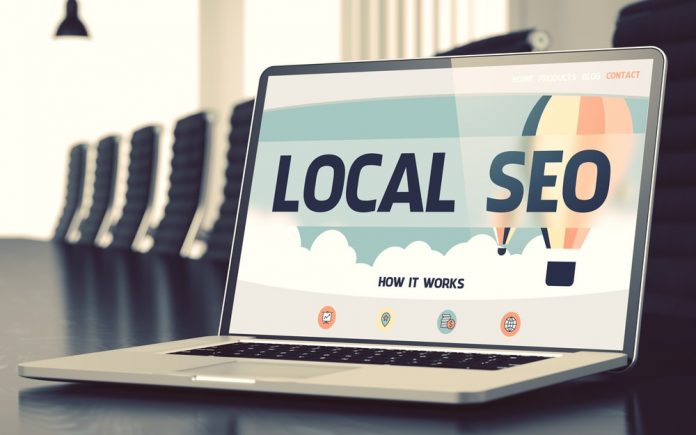Sponsored
There’s no doubt that when it comes to business, corporations and large businesses can run circles around small and medium-sized businesses. A corporation has teams of marketers, designers, researchers, and business experts focused on creating the most profit for the least amount of expenses. A small business, on the other hand, is your local mom-and-pop store with one or two part-time employees not very knowledgeable on the products the store features.
Larger companies generally have more resources to compete with smaller businesses. However, if smaller businesses want to level the playing field and get the upper hand against bigger businesses, they might want to focus on their local SEO strategy and increase their online visibility. By doing so, they get a huge advantage reaching out to their customers.
How Local SEO Keywords Work
Unlike regular SEO which only focuses on a keyword related to a business, local SEO includes a location in the keyword. A fast food corporation with branches across the United States would want to rank for a food keyword that relates to them, but a small business with just one store in one city would want to rank for the same keyword, but at that area only.
So, a KFC might rank for “fast food chicken” in most locations, but a small restaurant in California wouldn’t want that and instead want to rank for “fast food chicken in Los Angeles,” for example. Because they’re a small business in the West Coast, ranking for fast food chicken on other states or even the East Coast won’t do anything to help their sales because it’s unlikely they’ll get customers going all the way to their area just to try their food. And since Google favors local content over general SEO, small businesses focused on one area actually have an advantage over bigger businesses with their marketing spread throughout several areas.
By using local SEO, they are reaching out to likely customers, people in their area most likely to visit and make a purchase. Because it’s difficult to rank without understanding what goes into SEO and local SEO such as keywords and other factors, small businesses may have to invest in digital marketing services to see positive results.
Why Small Businesses Should Focus on SEO and Digital Marketing
Unfortunately, a lot of small business owners have this mindset that SEO and digital marketing doesn’t apply to them because they’re just a small business. However, the investment they put into an effective digital marketing strategy can help increase their visibility, especially given the new purchasing trends.
Millennials are creating a different way of purchasing. Apart from the fact that they’re more likely to support smaller local businesses than corporations, they’re more likely to research on the store and the products before going to the store to make a purchase. That means it is crucial to get their attention online if you want them to become your customer. It may be different from the Gen X and Baby Boomer Generations’ buying habits, but with the millennial generation accounting for billions in buying power, it’s a target market that’s difficult (and unprofitable) to ignore.
And when it comes to being online, it’s not enough to just leave an online trail. Your business needs presence and visibility, which means an active digital marketing strategy. Being at the second page of Google means zero visibility on your business. Because let’s be honest: when was the last time you visited the second page of Google, let alone patronize the businesses of the stores located there?
Despite their bigger competitors, small businesses have an advantage and the chance to level the playing field when they have an effective local SEO strategy. By having a visible online presence and effective local SEO keyword optimization, they could see more customers entering their store, having learned of their existence online.
Local SEO stock photo by Tashatuvango/Shutterstock







